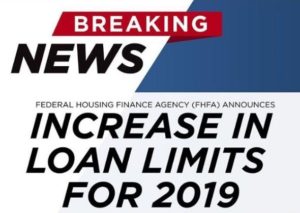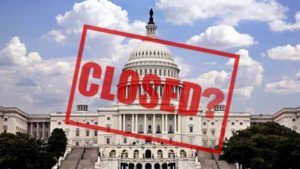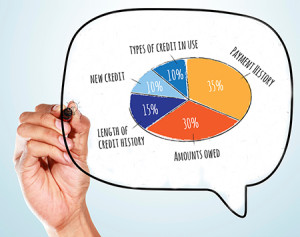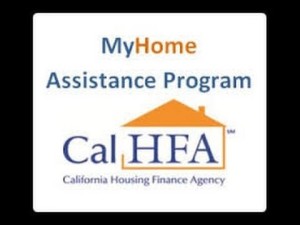 It has happened again! For the third year in a row, the Federal Housing Finance Authority (FHFA) has increased the amount of money that can be borrowed through a standard home loan.
It has happened again! For the third year in a row, the Federal Housing Finance Authority (FHFA) has increased the amount of money that can be borrowed through a standard home loan.
Not planning to buy soon? Please keep reading to see why this news can still be important to you.
The details:
• The standard loan limit (also known as conforming loan limit) rose by 6.9% to a maximum amount of $484,350 in low cost counties like Kern, Riverside and San Bernardino for Conventional and VA Loans. In certain high cost areas like Los Angeles and Orange Counties, the new limit is $726,525. FHA Loan limits in low cost counties like Kern, Riverside and San Bernardino will be $314,817.
• The percentage increase is equal to the national appreciation average over the last year.
• Loan limits were kept high for 10 years, even as values declined. Now that the market has surpassed prior peaks, loan limits are on the rise again.
This means you may be able to:
• Purchase a higher priced home with more financing options, possibly including lower rates.
• Refinance an existing, higher-rate “jumbo” loan and possibly drop mortgage insurance premiums, too.
• Combine a 1st and 2nd mortgage.
If you have questions about what this change could mean for you, please reach out. And if you have friends who may benefit from this news, please pass it along. I’ll be honored to help.








